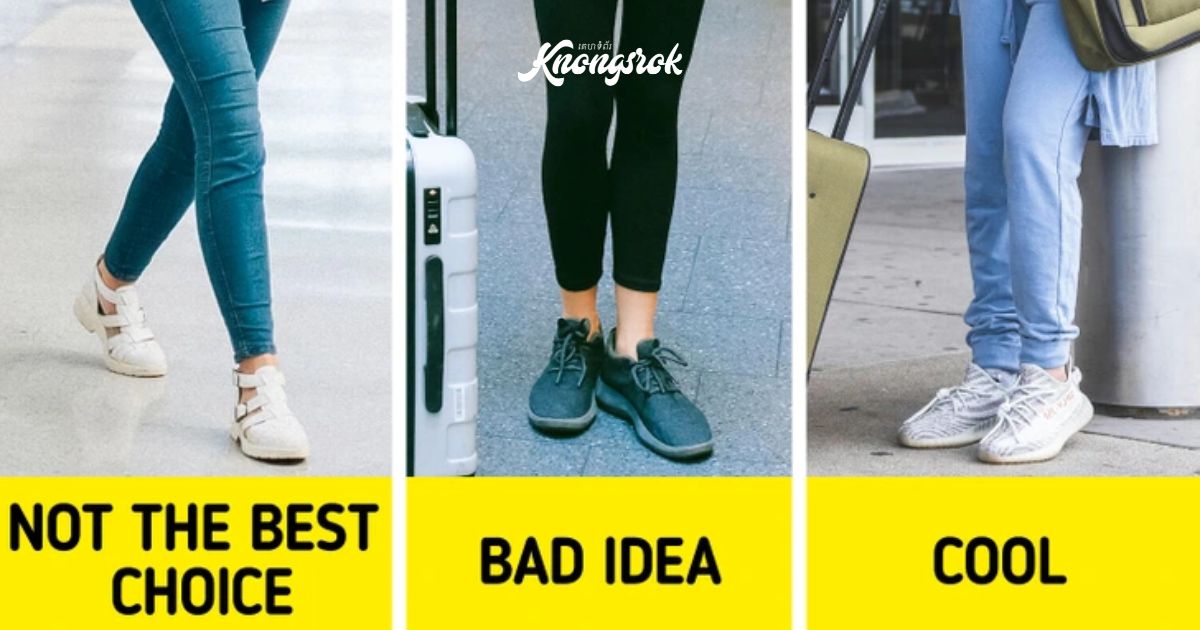10+ Tips That Could Improve Every Woman’s Safety
Staying safe in today’s world is a priority for everyone, but women often face unique challenges when it comes to personal safety. By adopting practical strategies and becoming more aware of your surroundings, you can reduce potential risks and enhance your sense of security. Here are 10+ tips that can help improve every woman’s safety, both in everyday life and during travel.

1. Trust Your Instincts
One of the most powerful tools for personal safety is your intuition. If something feels off or uncomfortable, trust that feeling. Don’t hesitate to remove yourself from a situation that doesn’t feel right, even if it seems socially awkward.
•Pro Tip: It’s always better to be overly cautious than to regret ignoring a gut feeling.
2. Stay Aware of Your Surroundings
Situational awareness is key. Whether you’re walking down the street, in a parking lot, or riding public transportation, stay alert. Avoid distractions like looking at your phone or wearing headphones, especially in unfamiliar or isolated areas.
•Pro Tip: Walk with purpose and confidence to reduce the chances of being targeted.
3. Use a Safety App
There are numerous safety apps designed to help women feel safer. Apps like “bSafe,” “Noonlight,” or “Life360” can send alerts to your designated contacts, track your location, or even notify the authorities in case of an emergency.
•Pro Tip: Set up emergency contacts in your app before traveling alone or going out at night.
4. Share Your Location
Whether you’re going out on a first date or heading to a new area, always share your location with a trusted friend or family member. This simple step ensures someone knows where you are in case of an emergency.
•Pro Tip: Set up location-sharing on your smartphone to keep someone in the loop without having to manually check in.
5. Park Strategically
When driving, park in well-lit areas that are close to building entrances, especially at night. Avoid parking next to large vans or trucks where visibility is low, and be cautious when walking to and from your car.
•Pro Tip: When returning to your car, have your keys ready and check the back seat before getting in.
6. Keep Your Hands Free
Carrying too many bags or items can make you an easier target. Keep at least one hand free at all times, especially when walking to your car, public transit, or through unfamiliar neighborhoods.
•Pro Tip: Consider using a crossbody bag or backpack to keep your hands free and avoid distractions.
7. Stay Sober and Aware at Social Events
When attending social events or going out to bars, it’s important to stay in control of your faculties. Monitor your alcohol consumption, never leave your drink unattended, and avoid accepting drinks from strangers.
•Pro Tip: If someone offers you a drink, make sure it’s handed to you directly by the bartender or server.
8. Learn Basic Self-Defense
Taking a self-defense class can give you the skills and confidence to protect yourself in dangerous situations. Many classes teach simple, effective techniques that can be used to disable an attacker long enough to escape.
•Pro Tip: Research classes in your area or check out online tutorials that focus on quick, practical defense moves.
9. Keep Emergency Items on Hand
Carrying items like pepper spray, a personal alarm, or a whistle can give you an extra layer of protection. These tools can be used to alert others and fend off potential attackers.
•Pro Tip: Make sure you know how to properly use any personal safety tool and keep it easily accessible, like on your keychain or in an outer pocket.
10. Be Cautious When Using Rideshare Apps
Rideshare apps like Uber and Lyft can be convenient, but it’s important to take precautions. Always verify the driver’s name and vehicle details before getting in, and sit in the back seat rather than the front.
•Pro Tip: Share your trip status with someone you trust via the app, and avoid disclosing personal information to the driver.
11. Avoid Oversharing on Social Media
While it can be tempting to post real-time updates of your location or travel plans, this information can be used by people with bad intentions. Be mindful of who has access to your posts and consider waiting until after an event or trip to share details.
•Pro Tip: Adjust your privacy settings so only trusted friends can see your location or personal updates.
12. Create a Code Word with Friends
Having a code word with friends or family can help signal when you’re in a potentially dangerous or uncomfortable situation without raising alarms. It can be as simple as texting “I need help with something” to let someone know you need assistance.
•Pro Tip: Set up a few common scenarios where you can use the code word, such as a bad date, a ride home with a stranger, or a social event.
13. Choose Safe Routes
Whether walking, biking, or driving, always opt for well-lit and well-trafficked routes, even if they take a little longer. Avoid shortcuts through alleys, parks, or isolated areas, especially at night.
•Pro Tip: Use apps like Google Maps to preview your route ahead of time and choose the safest path.
14. Lock Doors and Windows
This one may seem obvious, but it’s easy to forget. Whether you’re at home, staying in a hotel, or traveling, always double-check that doors and windows are securely locked before going to sleep or leaving your accommodation.
•Pro Tip: If you’re staying in a hotel, use the additional door lock or a travel door alarm for extra peace of mind.
Conclusion
Improving personal safety is all about being prepared and staying aware of your surroundings. These strategies, from using technology to learning self-defense, can empower women to feel more confident and protected in everyday life. While it’s important to enjoy your freedom and experiences, being proactive about safety can help reduce risk and keep you feeling secure wherever you go.













